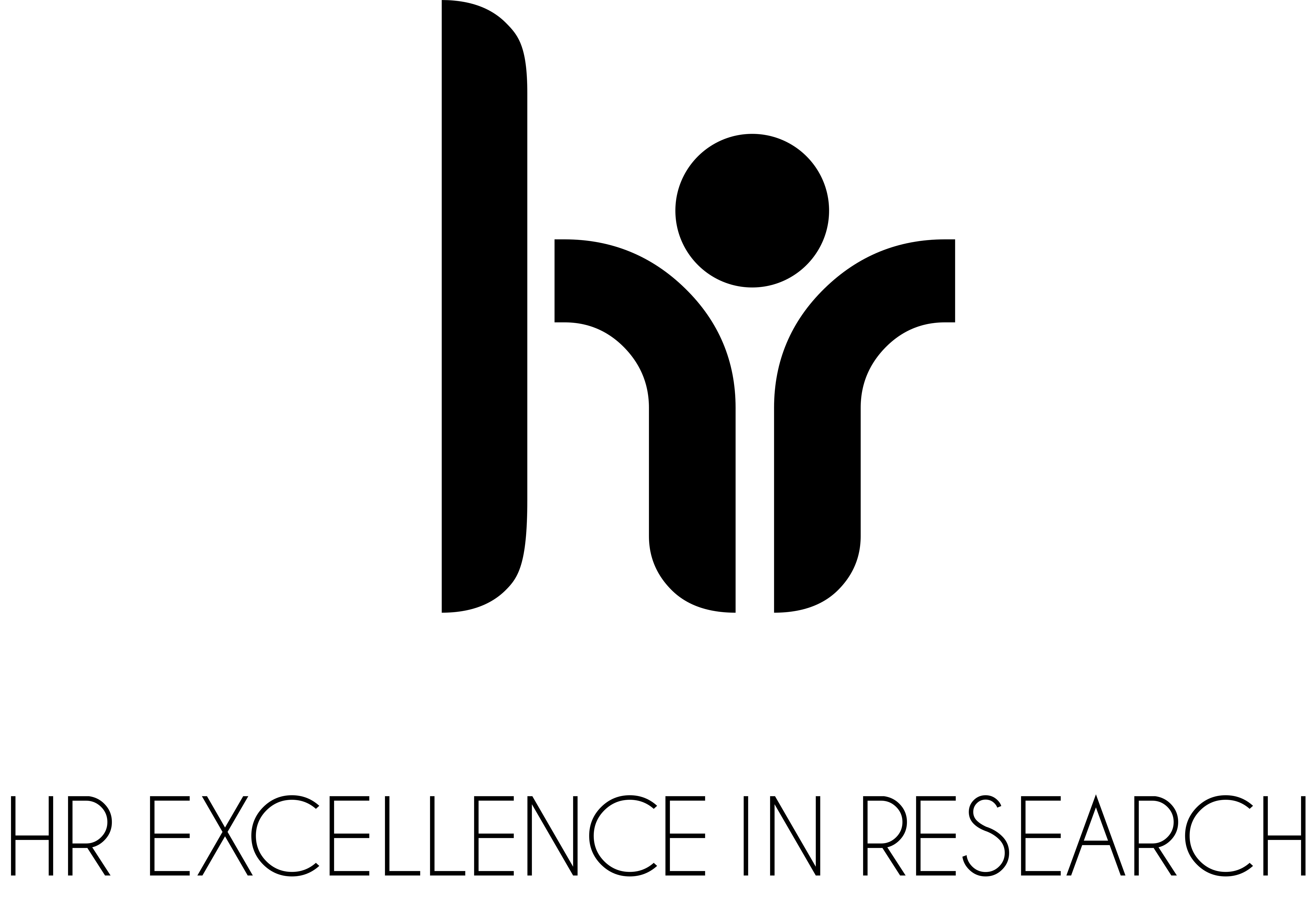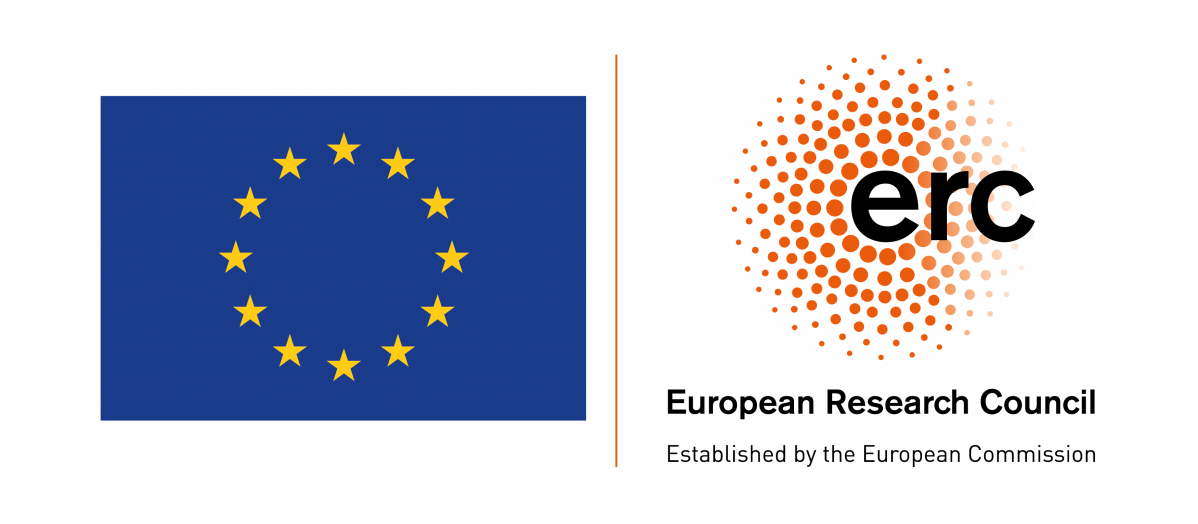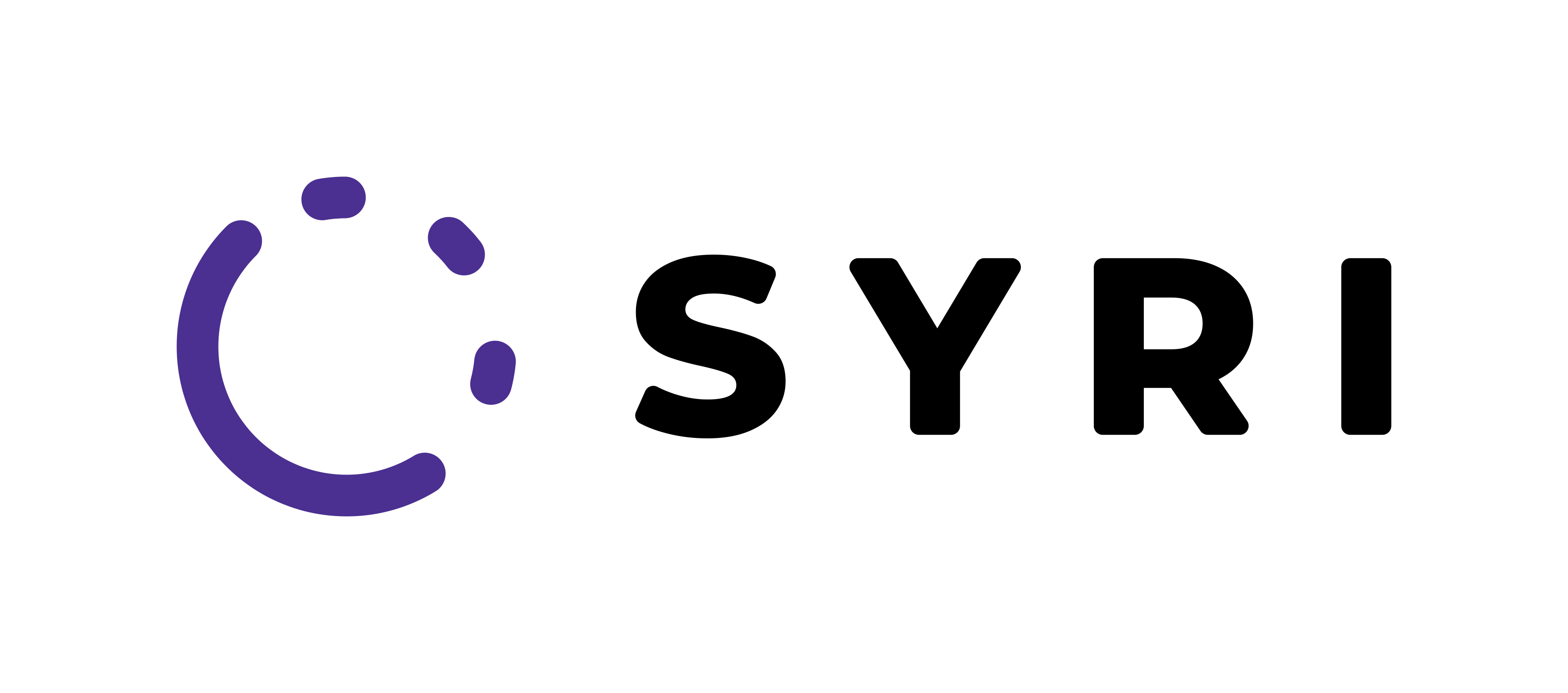Further information
Invitation pdf
Prof. Sofia Näsström (Uppsala University):
How do Democracies Die? A Reappraisal
Abstract
Do democracies die at the hands of the people or their elected leaders? Does it happen quickly or slowly? These questions are today at the forefront of many debates on democratic backsliding, i.e. the sliding back of democracy into autocracy. Still, while we have good reasons to worry about the resurgence of autocracy in the world, these worries are often attributable to distorted beliefs about what democracy is.Abstract: Do democracies die at the hands of the people or their elected leaders? Does it happen quickly or slowly? These questions are today at the forefront of many debates on democratic backsliding, i.e. the sliding back of democracy into autocracy. Still, while we have good reasons to worry about the resurgence of autocracy in the world, these worries are often attributable to distorted beliefs about what democracy is.
So what is democracy? In this talk, I will argue that democracy is not reducible to procedures like elections. Nor is it a doctrine of popular sovereignty. It is a spirit, in the sense that Montesquieuunderstands it in his classical work The Spirit of the Laws.According to Montesquieu, different political forms are animated and sustained by different spirits: a republic by virtue or love of country and law, a monarchy by honour and distinction, and a despotic form by fear. In The Spirit of Democracy: Corruption, Disintegration, Renewal (Oxford University Press 2021), I show that modern democracy is a unique political form animated and sustained by a spirit of emancipation. The removal of divine, natural and historical authorities as collective sources of political legitimacy unleashes a fundamental uncertainty about the future. In a democracy, we respond to that uncertainty by sharing and dividing it equally; both the freedom it opens up, and the responsibility it entails. It emancipates us from having the basic purpose and direction of society decided for us.Today, the future is more uncertain than ever due to wars, migration, climate change and digitaliza-tion. Everywhere, democracies are being put to the test. Everywhere, people are wondering: what comes next? The problem is that this uncertainty about the future, while a potential for democratic reform and renewal also can be exploited and mobilized against democracy. In the talk, I will elaborate on such threats to democracy.
More specifically, I will do three things: First, I will clarify what I mean by democracy as a spirit of emancipation. Second, I will explain how this interpretation differs from the two conventionalreadings of democracy, democracy as a procedure and popular sovereignty respectively. Finally, I will ask how this difference plays out in the analysis of democratic backsliding. What can we see or do now that we could not see or do before?
This workshop is supported by the NPO “Systemic Risk Institute” no. LX22NPO5101, funded by European Union – Next Generation EU (Ministry of Education, Youth and Sports, NPO: EXCELES).





